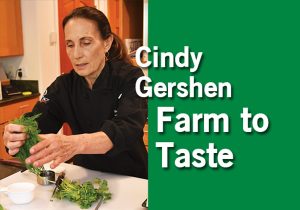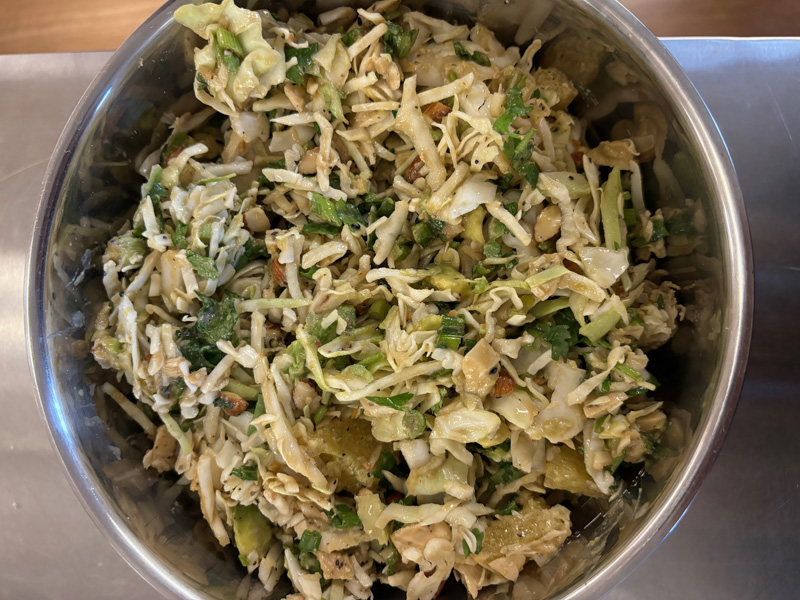Big Pharma, Big Food and the pursuit of profits
 (Nov. 12, 2024) — We are tossed on a sea of pharmaceuticals, floated on the public by an immoral industry whose focus is profits, not health.
(Nov. 12, 2024) — We are tossed on a sea of pharmaceuticals, floated on the public by an immoral industry whose focus is profits, not health.
The case for this statement is striking in the new documentary, “First! Do No Pharm,” by Dr. Aseem Malhotra, a British cardiologist.
In the film and in a panel discussion afterward, Malhotra made the point that the science shows statin drugs are more notable for dangerous side effects than for improving heart health, for which they are prescribed widely. The studies done by pharmaceutical firms are opaque. A better system for approving drugs would be analysis by independent physicians and researchers, Malhotra argues.
I attended an October screening of “First! Do No Pharm” in San Francisco along with Dr. Robert H. Lustig, my colleague whose battles with big food companies parallel those of Malhotra among the pharma giants. Lustig is an emeritus professor of pediatrics in endocrinology at UC San Francisco.
A hundred health professionals, advocates and others watched the film and asked questions at the panel discussion, led by Malhotra, Lustig and Dr. Elissa Epel, an expert on stress and aging in the psychiatry department at UCSF. The film is available at Nopharmfilm.com.
Maximizing profits
The process of approving drugs has more to do with maximizing profits than with addressing health needs, especially prevention. Big Pharma’s reach is even more insidious with its extensive funding of medical schools in the United States, says Lustig.
The medical establishment, including medical schools, needs to take a closer look at emphasizing healthier diets as a preventive measure for many maladies. In the last couple of generations, the rise in obesity coincides with the pervasive growth in sugary and ultra-processed foods. Neurological studies demonstrate that processed food is toxic and addictive.
Some of the processes mucking up our food supply are cosmetic changes to make something look good coming out of the box, even after months sitting on the shelf. Some processes are driven by the motivation to make the stuff fit nicely in the packaging. They add colors and flavors or mix in emulsifiers and thickeners. Processing too often destroys the fiber in food that feeds your gut and makes your intestines inhospitable to good bacteria.
On a simpler level, companies promote orange juice for everyone’s breakfast. That’s because juice can be stored in the freezer, as opposed to real oranges, which defrost as mush. While orange juice is everywhere, it is missing the beneficial fiber of real oranges – and it falls short in nutrition.
Here’s an illustration of the gradation from food to ultra-processed food: apple to apple slices to apple juice to apple pie. By the time you get to pie, you’ve added sugar, flour and starch. That makes it ultra-processed.
The recipe below is an answer to the question: What do I do with leftover Thanksgiving turkey?

Orange Sesame Chicken/Turkey Salad
Dressing:
- ¼ c. freshly squeezed orange juice
- 3 T extra-virgin olive oil
- 3 T toasted sesame oil
- 3 T tahini
- 3 T organic soy sauce or tamari
- 2 T vinegar (white, rice or apple cider)
- 2 T syrup or honey
- 1 clove fresh garlic, minced
Salad:
- 5 c. shredded cabbage (red, green)
- 2 oranges peeled and separated into segments (mandarins OK, too)
- 1 avocado, peeled and diced
- 1 c. thinly sliced green onions
- 1 bunch cilantro, minced
- 2 c. cooked and chopped chicken breast or leftover turkey
- ¼ c. sliced or chopped almonds
- 2 T toasted sesame seeds
- 1 tsp. salt
- 1 tsp. pepper
- 1 tsp. garlic powder
- 1 tsp. onion powder
Put all the dressing ingredients in a Mason jar and shake.
Place all salad ingredients in large bowl. Pour the dressing over the salad. Toss and enjoy.
Send your questions and comments for Cindy Gershen to cindymgershen@gmail.com.
Read more of Farm to Taste columns.

Cindy Gershen
Cindy Gershen is an educator, nutritionist, chef, and co-author of “Fat Chance Cookbook.”
